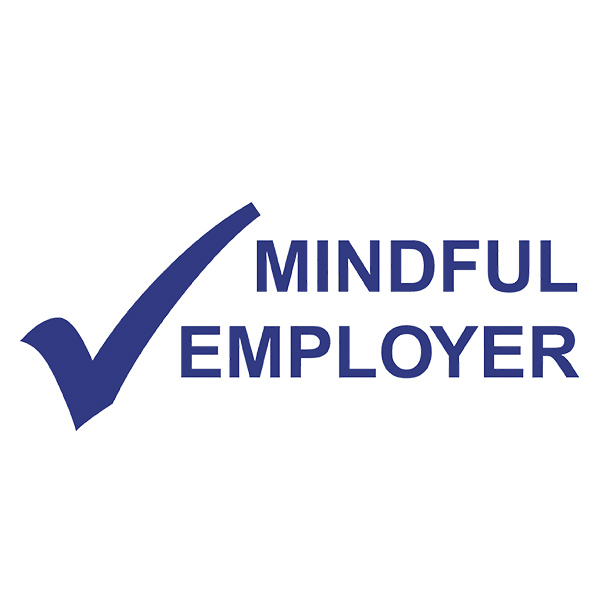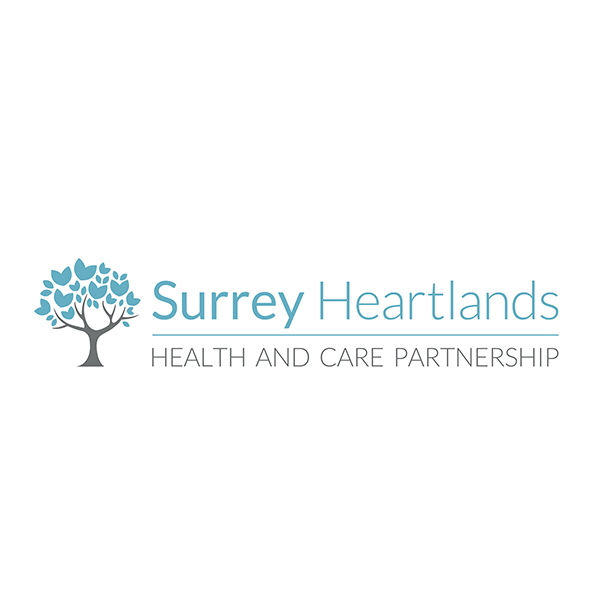-
Freyja’s Story: Using My Lived Experience to Help Co-Produce SUN

-
Delivered in partnership with Surrey and Borders Partnership NHS Foundation Trust (SABP) and Catalyst, SUN is our service for people experiencing difficulties with complex emotions (often associated with personality disorders) that affect how they feel, cope with life and manage relationships. SUN provides facilitated peer support groups, as well as opportunities to get involved in the SUN community, via community meetings, focus groups, socials etc.
In July 2023, SUN won an award for their poster in the “Capacity to inform and engage” category at this year’s BIGSPD (British & Irish Group for the Study of Personality Disorders) conference.
SUN also presented at the first ever SUN conference and had two SUN members attend with the team. The presentation focused on the co-produced aspects of our service and the journey we have been on since we started up.
One of our SUN Lived Experience Workers, Freyja, spoke at the event about what it meant for her to be able to use her lived experience of mental health in a job and for it to be valued and used to help improve the service.
This is her speech:
“My name is Freyja, and I am one of the Group Facilitators with lived experience working within the Surrey SUN Team, alongside facilitators with clinical experience.
For me, the key word in what I just said is ‘experience’… one of the things that makes SUN such a great workplace for someone who has had mental health struggles is that culture and ethos which enables myself and others to become part of a team where we are valued, and our experience and knowledge is used to help both deliver and grow the service.
Today, I feel like my journey and recovery is a valuable tool which helps me to do my job and to really support others, both in their personal journeys and their professional lives, but that hasn’t always been the case.
I first entered services at the age of 16 for an eating disorder and depression and in reality, I have never really left. I have bounced between a number of diagnoses and treatments including two years in which I was repeatedly admitted and discharged from inpatient psychiatric wards. It is still a mystery to me as to how I actually managed to get my degree during this time, but somehow, probably through sheer determination, I graduated.
Starting work life was always going to be tricky and I went through a number of jobs in care homes before moving to working in a Special Educational Needs (SEN) school. I would never disclose my mental health, or if I did, I would disclose the eating disorder whilst emphasising how I am now fully recovered. The problem was that, by always hiding it, I found it impossible to communicate when things got hard. By focusing more on my job than my wellbeing, I would end up back in crisis and off work. When I returned, the dynamics would have changed and I always felt that I was judged or viewed as less capable than my colleagues because of my mental health. It’s the reason I have changed jobs so many times.
Two and a half years ago, I started working in my local council as reviewer of adult social care packages. The workload was high and the pressure intense, but I loved the job. Around the same time, I was also struggling with my mental health following my latest crisis and had been signposted to my local SUN service, partly because I didn’t fit neatly into any of the treatment pathways.
SUN was there when I spiralled into the worst relapse I have ever had with my eating disorder, up to and through my hospitalisation, recovery afterwards and return to work. I had the opportunity to support others whilst also working on myself. It was because of the lived experience facilitators at SUN, that I decided to look for a lived experience role myself. I mean, by this point, if all that was required was lived experience, then I was basically overqualified. I went for the interview and left feeling pretty positive about how it went, but also slightly surprised that a lived experience facilitator was on the interview panel.
Clearly, I was offered the job and accepted it. If I am completely honest, it was a relief going into a job where they knew I had mental health already. At the time my thought process was something along the lines of ‘at least then when it all goes wrong, I can honestly say they were warned! And hey, I can’t be seen as less capable if I am just a lived experience practitioner. It’s not like I am trying to keep up with the clinicians’. In hindsight, I really don’t think I had actually grasped the concept of co-production at this point.
Six months later though and I am thrilled that I made the change when I did. Being part of a co-produced team has not only shown me the value of member involvement at all levels, but also the value of myself. I was initially amazed that my opinions and thoughts were being taken as seriously as other members of the team. I was being encouraged to be involved in all aspects of the work and I was seeing that myself and the other lived experience practitioners can and do hold the same responsibilities as our clinical colleagues. There will always be a hierarchy in that there will always be managers, supervisors etc, but day to day working practice is a joint responsibility for the whole team regardless of your experience or background.
Working in a co-produced service is allowing me to use my experiences to support others, to grow my own confidence and to help build and deliver a service that benefits the members. Now, I don’t feel like labels are holding me back and neither is my journey. Seeing the value of my experiences in the work we do as a team has taught me to stop seeing myself as less capable and instead to put them to use.
For the first time in my working life, I don’t feel less than my colleagues. For me, that key word really is ‘experience’. Mine just happens to be lived.”

Portrait of Freyja, SUN Facilitator with Lived Experience
Share






